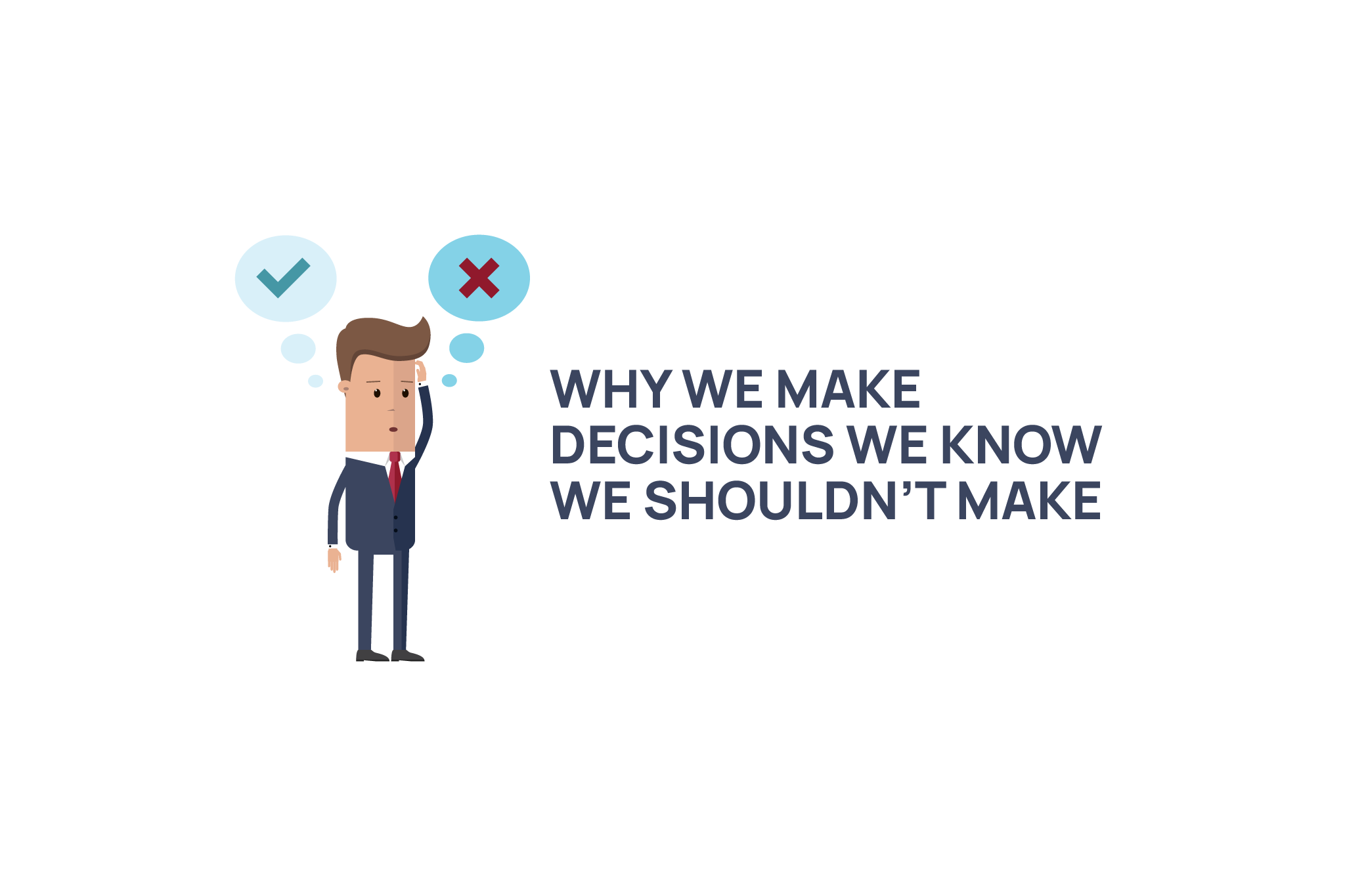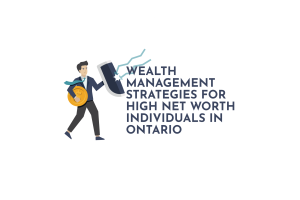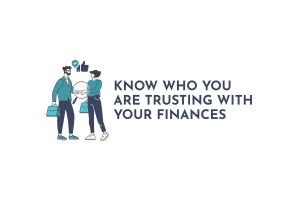Human beings are a very curious bunch as a whole. Let’s think about all of the choices that you make every day and how many of them are counterproductive to your overall well-being. Whether it’s a particular vice, like having a cigarette or eating donuts for breakfast, or something like the decision to take the chance to hit the gas while driving to make it through that next intersection before the light changes, we all make decisions every day that aren’t good for us.
Sometimes they are for immediate gratification, like that donut, and sometimes we make decisions based on emotions that we are experiencing.
With all that has happened in the world recently, you are more at risk of making decisions based on feeling stressed than ever before. In fact, recent polls show that 8 out of 10 Canadians are feeling something that is being described as ‘Trump Anxiety’. This isn’t simply anxiety about what is happening south of the border, though; it includes feeling anxious during a tense time in global politics, adding to the stress already felt by people who are still dealing with the fallout from the pandemic and the increase in their cost of living that followed. When you put people under high amounts of stress and then add in the recent turmoil on global investment markets, what you see is a great example of behavioral finance, which is the search for reasons why investors make the decisions they do.
Let’s take a minute and look at this topic and see if you can see any of yourself in what we talk about.
Key Assumptions History Has Made
When I think back to my Econ101 class in university, there was all this wonderful talk about companies that produced widgets and that the market would find the correct balance between supply and demand that would help set the price of the widgets at the most efficient level.
This sounds straightforward to understand, but it also makes one big assumption. That assumption is that the markets behave in a rational, efficient, and unbiased manner. Wonderful, we all know that people function in exactly this way all of the time. That’s why in the 1990s people thought that the Beanie Babies they were ‘investing in’ would be able to fund college tuition for their children in the future. Turns out that isn’t the case; there was nothing rational, efficient, or unbiased at all about the Beanie Baby craze, and that’s just one example of how, in general, human beings aren’t capable of long-term rational, efficient, unbiased thought.
Remember in the early 2000s when a company with a .com at the end of its name could go public and instantly be worth millions of dollars, even when they had yet to do anything to prove that they had a successful business in place.
Over and over, there are examples of how humans simply cannot maintain their rational, efficient, and unbiased decision-making process when it comes to financial matters. Why do we continuously make decisions that hurt ourselves financially?
Talk Nerdy To Me…
Have you ever wondered about why you feel the way you do about certain things? When we look at personal finance, one of the biggest issues that investors face is something known as Myopic Loss Aversion.
What is myopic loss aversion? This is the concept that people are more sensitive to losses than they are to gains. There’s a number associated with this. Studies have shown that you need to expect the potential positive outcome from a risky investment to be at least 2 times higher than the potential loss for many people to feel like they would choose to take a risk. Think of it this way: losing $100 in the value of your investments hurts you twice as much psychologically as the ‘joy’ you would feel from gaining $100. Applying this to someone who is continuously checking the value of their investment, what you can see is that when they see a decrease in value, that feeling of myopic loss aversion rears its head, and you are more likely to make a bad decision based on wanting to avoid feeling that way again tomorrow.
How constant updates may be sabotaging your strategy
This is a spot where the technology available to investors today can work against them. Before the age of smartphones, people had to wait to get their news, it was either on television that evening or in the paper the next morning. Before information was instantly available to you, it was much easier to focus on your long-term goals. But with the ability to look at the value of your investments in the palm of your hand whenever you want to, you can create more problems for yourself.
The more frequently you look at your portfolio data, the more your mind reduces your time horizons. This means that sure, when you set up the investment plan you had a long term goal in mind and that is how your portfolio was selected, but now you see daily losses for a few consecutive days and your long term plan is forgotten and replaced with the desire to see your investment stop losing value every day, so changes must be made!
If You Aren’t the Lead Dog….
The scenery never changes. Have you heard that one before? Here’s another ingrained behaviour that will work against you as an investor. Herding Bias. This is the tendency for you to follow or copy what other investors are doing. Herding is a pretty fundamental behaviour in the animal kingdom. Any type of danger, be it perceived or real, can still cause a stampede, and if you don’t go with the crowd, you get trampled by it.
Humans love to be part of the herd. Don’t believe me? How many of you had frosted tips in the ’90s and thought they were awesome? Humans want to feel like they are part of a community, and sometimes that results in poor hairstyle choices, but hey, you don’t get it, it was cool at the time. One area to try and avoid herding bias is with investing. You can’t just assume that everyone else has done the research and that you should just follow along. Make sure that you do the research and that the decisions you make apply to your situation so that you don’t end up looking back with regret, like you do at those pictures of your N’Sync-inspired hairstyle.
I Remember it Like It was Yesterday
The last obstacle that I will talk about in this article is your brain’s Recency Bias. This is when you make decisions based on what has happened recently, ignoring long-term information that is available to you. Basing your decisions on what is happening right now will often lead to you making a mistake because you don’t have enough perspective on the situation as a whole.
Again, we are dealing with overcoming a bias that is fuelled by our ability to access information. Being able to easily see your investment performance multiple times a day overwhelms you with the feeling that what is happening right now will be what happens forever going forward. When you sit back and try and think clearly about it, you know that isn’t the case. Otherwise, we would have never recovered from the great depression in the 1920s. I can’t say this enough. Make sure that you take the time to make a decision that doesn’t counteract your long-term goals based on you trying to somehow outsmart what is happening in investment markets right now.
Is This the End?
I guess, if you’re asking about me talking to you about behavioural finance, it is. If you’re asking about the total collapse of world financial markets, then I am going to have to guess that the answer is no. Granted, we only have the entire history of the stock market to look back on, but we have been through many tough times before, and we will go through them again.
The big thing that I want you to take away from what you have just read is this. Do you want to make an emotional decision that could derail your long-term plans? This is another circumstance where having a financial advisor who has worked with you to create a plan for how to achieve your goals is so essential.
Remember way back at the start of this topic when I said that Econ101 assumes that you are rational, efficient, and unbiased in your decision making? Having a financial advisor, like the team at Strata Wealth & Risk Management, provides you with a resource that is exactly that. When you are feeling overwhelmed by bad news and the urge that you have to do something, anything, to make it stop, you need to be able to call someone who can work through your emotions with you and make sure that you don’t make a bad decision. They understand why people feel the need to make moves when standing firm is often the best plan. Remember, you don’t have to be part of the herd; make choices that are best for you and your plans.




